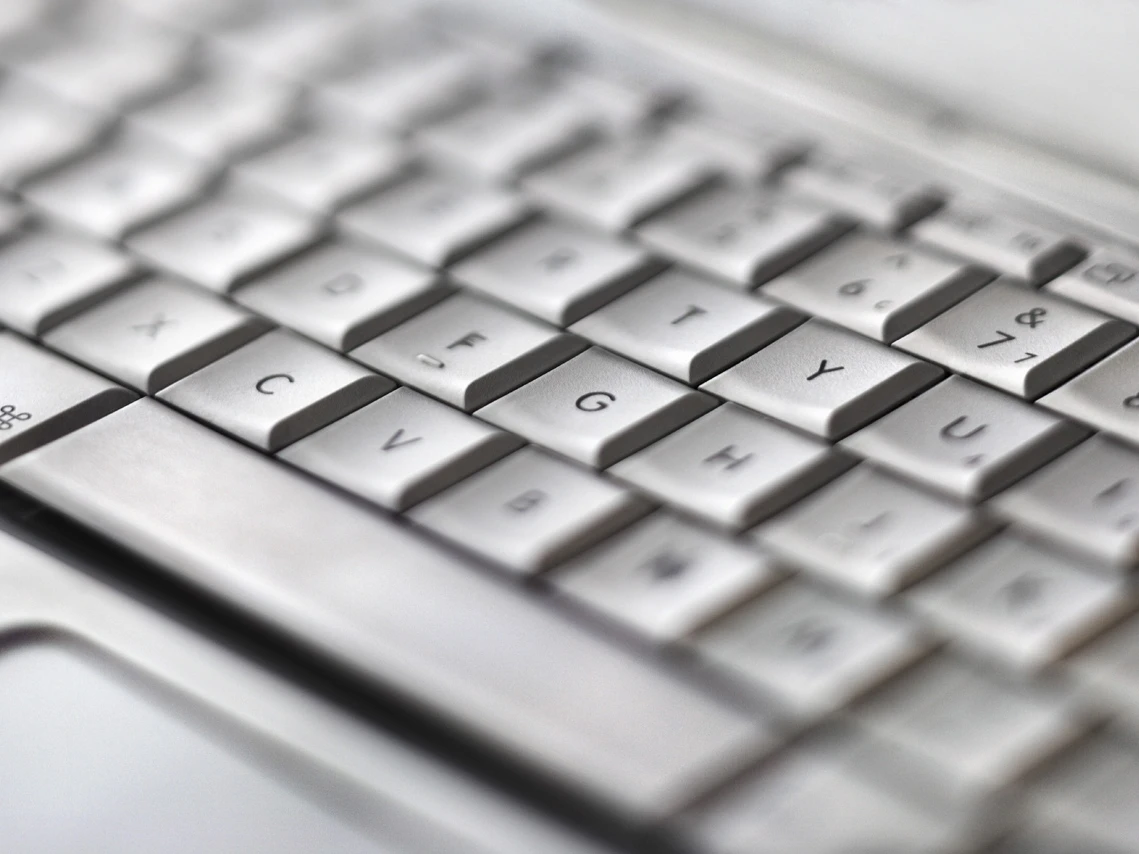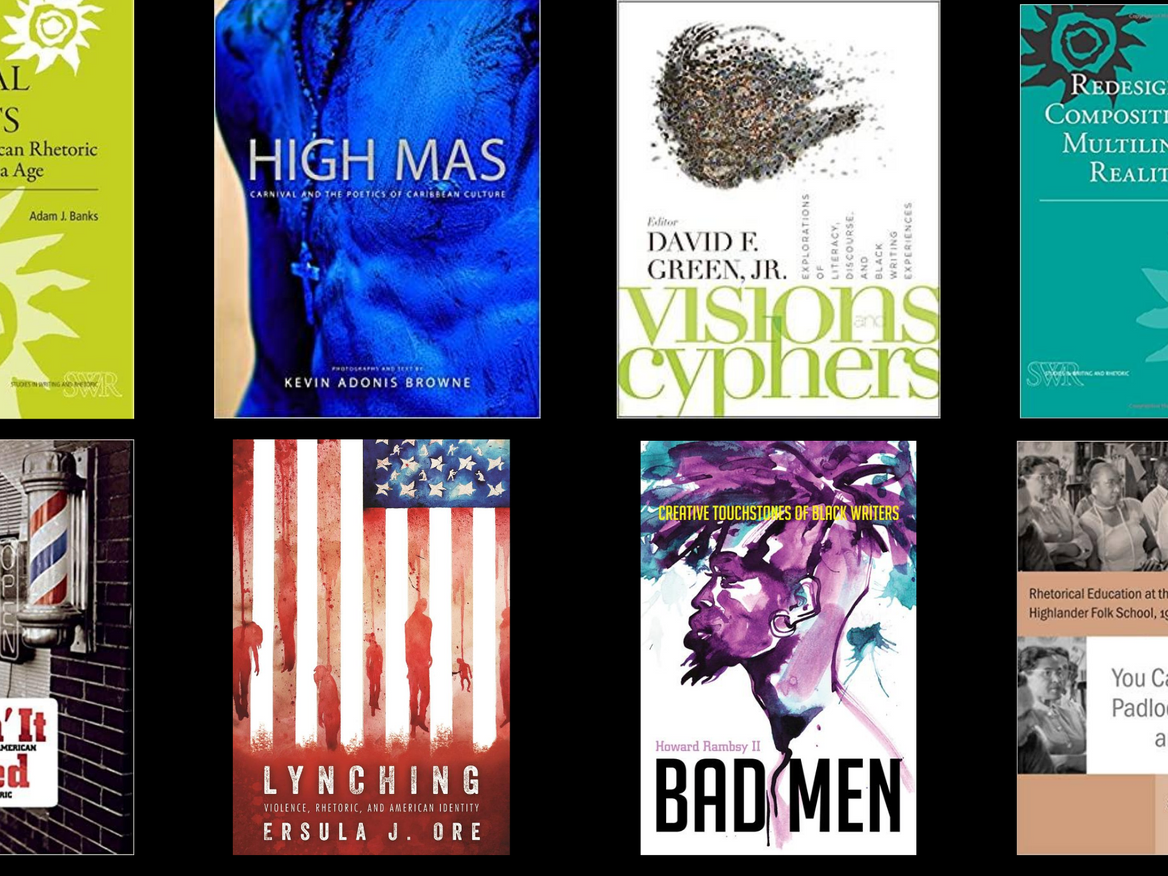In the club of ethnic labeling, BIPOC tryna get it in. The term Black, Indigenous and People of Color is a well-meaning attempt in activist circles to highlight particular experiences in relation to oppression and use inclusive terminology as part of anti-white-supremacist initiatives. Of course, you don’t need an acronym to accomplish these things. You can just use more words. Oral speed shouldn’t be much of an issue. I time BIPOC at about .5 seconds and Black, Indigenous and People of Color at about 2.0 seconds. It doesn’t seem much of a political goal to save 1.5 seconds per utterance. In writing, you reduce 6 words to 1. Again, that doesn’t seem like a big political payoff. On the other hand, if in the everyday world the term does in fact produce the organizing benefits intended, and if it is perceived by people to accord them some of the respect that they deserve, then there exists no good argument against its usage. BIPOC has even found itself into the diversity wing of higher education administration where it is heralded, sometimes self-righteously (which should never be the case), as the preferred label.
Black
I’m more observer than advocate. I know this genre. Black is a debate unto itself. Some African Americans, if I may, are clear that they are not adjectives and will not embrace Black as a descriptor of their personhood. They follow a logic chosen on occasion by Malcolm X and numerous others in preferring a name tied to geography. To the contrary, the great writer Gwendolyn Brooks declared famously that she was not African American but Black, and she insisted that the word be capitalized. That was a Pan-African gesture on the part of Brooks, an expression of solidarity with Blacks around the globe as well as an expression of personal dignity. She would find a comfortable fit in BIPOC. But I have seen her Pan-African gesture rejected by a subgroup of Dominicans, Nigerians, Jamaicans, and other people in the United States who are part of the African Diaspora and want no part of any categorical affiliation with people called Blacks in this country. I have even witnessed some Blacks take exception to capitalization. I had this debate with the superb author Sam Delany in a restaurant in Philadelphia. He asserted that a lower-case b to match a lower-casew in white was a true symbol of equality. We agreed to disagree, which is where many of the strands of the Black conversation, when kept civil, end.
Indigenous
Just as the B for Black is intended to highlight the particular historical oppression of African Americans, the I for Indigenous is meant to call attention to the specific history of exploitation endured by those commonly known as American Indians or Native Americans. Similar to the case with Black, the intent is also to avoid the erasure some say occurs when you subsume the relatively small population of Indigenous people under the large category People of Color. Indeed, I have colleagues who embrace the term Indigenous. They say, “As an Indigenous person I consider this . . .” or “From my perspective as an Indigenous person I understand that . . . .” Any response I have to them in those settings follows their linguistic lead. I consider that the most respectful thing to do. I’m certainly not going to say that I understand their Native American points of view.
I have to stay attuned to contexts. I remember being in a professional setting and explaining why I was using Native American instead of American Indian. A fellow panelist then recommended that I use American Indian. She said I would be a better ally to her and her progressive political program if I helped to keep that term afloat because it was a term that allowed her to get a lot of organizing and soliciting work done. I continue to think about this as I sit among my books inscribed to me by authors who describe themselves as Diné and Anishinaabe.
People of Color
The remaining nonwhite population is more than twice the size of Black and Indigenous folks combined. These 100 million or so get to share the label People of Color. This is the basis for more fantastic conversations for you. A Latinx can explain his or her designation. A Latina can explain why she does not want to be referred to as Latinx. A Chican@ can explain why they are not fond of the appellation Chicanx. Some Asians prefer more specific naming not only in reference to People of Color but to Asian. In many cases, the objections are not merely about celebration. The idea is to address a particular political circumstance. In activist communities at least, folks understand that People of Color can be a powerful unifying force. Moreover, they don’t contest the assertion, signified by BIPOC, that there are special dimensions to the oppression of Blacks and Indigenous people. But wise ones don’t overplay the who-suffered-most rationale of an oppression derby. The persecution of migrant Mexicans and Central Americans or India under British imperialism does not have to be compared to any other exploitative relationship to be considered horrendous.
Because history is messy, ethnic naming cannot ever be neat. Your genes make you the physical being you are. The rest is language, and none of it comes from the womb. BIPOC is out on the floor doing what it do. I wish it well.





